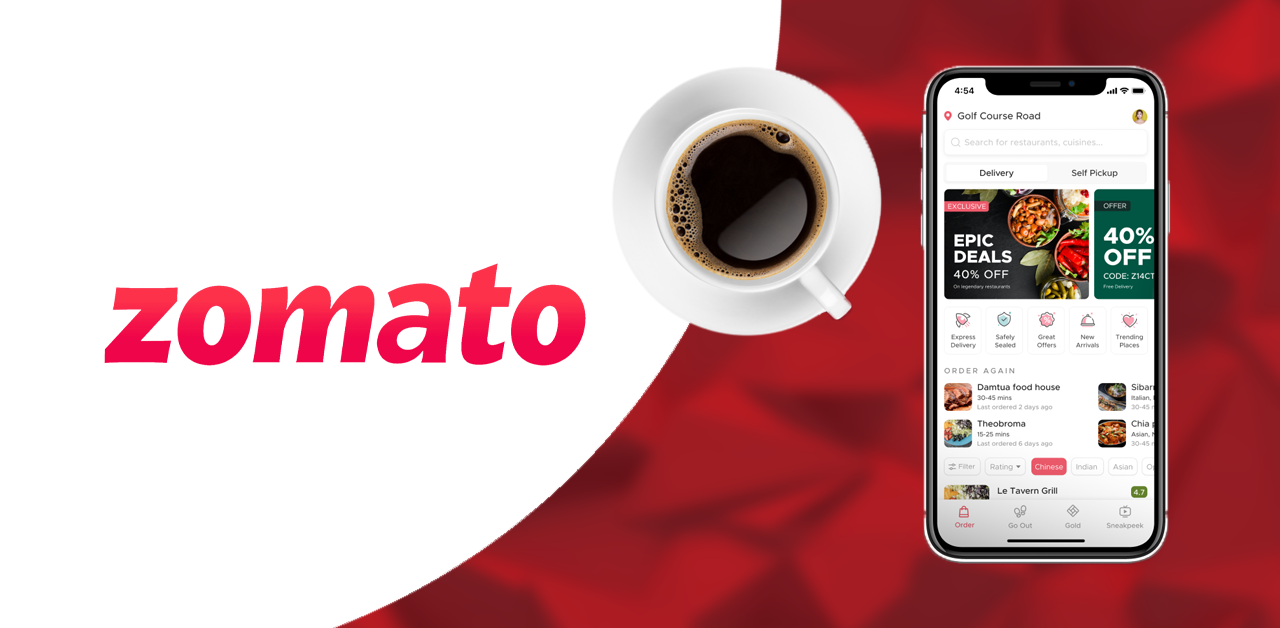The food delivery industry has experienced a substantial transformation in the current fast-paced global landscape. Zomato, a leading entity in this industry, has significantly transformed how we place food orders and reimagined the entire dining experience. This article aims to thoroughly analyse the business model of Zomato, covering various aspects from multiple perspectives. By comprehensively analysing its diverse elements, we can better comprehend Zomato’s operational strategies and sustained success within the fiercely competitive food delivery industry.
1. Online Platform for Restaurants and Customers: The Core of Zomato’s Business Model
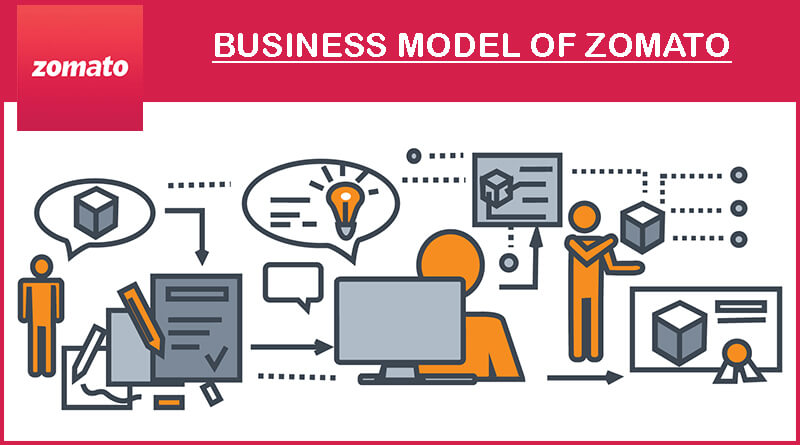
The core of Zomato’s business model is centred on offering a robust online platform that serves as an intermediary between restaurants and customers, facilitating seamless connections and transactions. Zomato is a digital marketplace enabling restaurants to present their menus, high-quality images, comprehensive descriptions, and customer reviews. The interface of this platform is designed to be user-friendly and provide a seamless connection with customers. It offers a wide range of dining choices to enhance their experience. The business model of Zomato is based on establishing relationships with restaurants to generate commissions. These commissions are calculated as a percentage of the total bill, incentivising restaurants to list their services on the platform.
2. Revenue Generation through Commissions: Zomato’s Primary Income Source
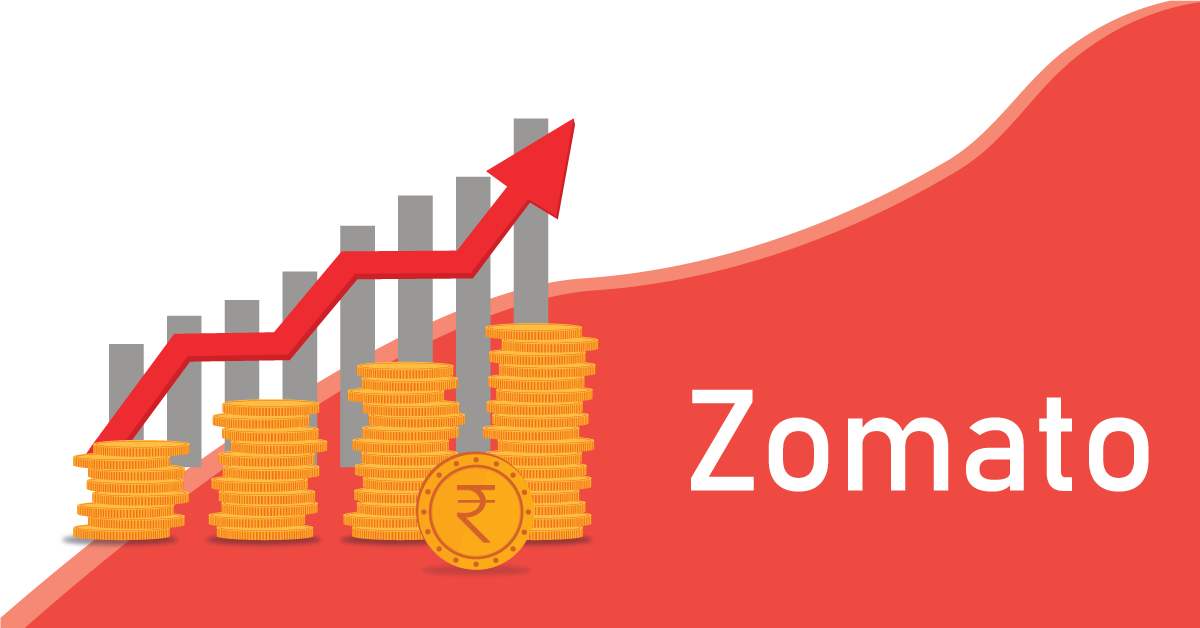
The primary source of revenue for Zomato is its commission-based business model. The commission is applied when customers place orders through Zomato. This mutually advantageous arrangement incentivises restaurants to collaborate with Zomato, allowing them to tap into a broader customer demographic and experience a boost in sales. The business model of Zomato is based on a commission-based revenue model, which has demonstrated significant success.
3. Food Delivery Services: Expanding the Revenue Horizon

The expansion of Zomato into the food delivery sector is a crucial element of its overall business strategy. Customers can now conveniently place food orders from their preferred restaurants through the Zomato platform. In addition to the earnings from commissions, Zomato levies a delivery fee for its services. Implementing Zomato Pro enhances the value proposition by providing exclusive discounts to subscribers, resulting in a mutually beneficial arrangement for both Zomato and its users.
4. Advertising and Promotions: Driving Visibility and Additional Income

Advertising and promotional services play a crucial role in increasing the visibility of Zomato and driving its revenue growth. Restaurants can choose sponsored listings, banners, and featured content to differentiate themselves in a highly competitive marketplace. Zomato generates additional revenue by providing promotional tools, increasing restaurants’ visibility to a broader customer base. This aspect of the business model of Zomato exemplifies its function as a proficient marketing platform.
5. Data Monetization: Leveraging Information for Profit
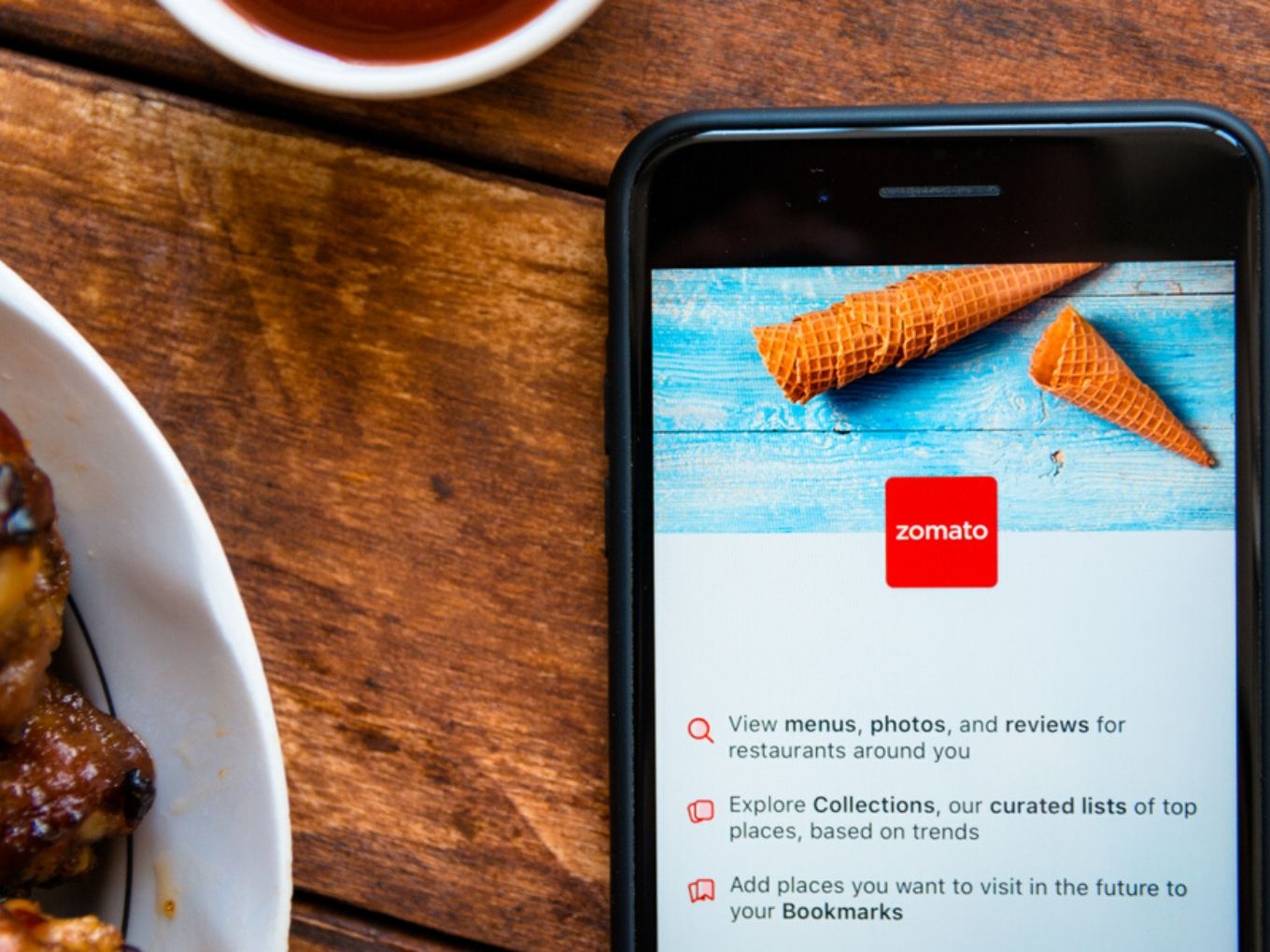
The extensive data repository of Zomato, which encompasses customer preferences, ordering habits, and restaurant performance metrics, possesses significant value. The company utilises data analytics to provide actionable insights to its restaurant partners. Zomato uses this data to support restaurants in optimising their menus, pricing, and marketing strategies, ultimately improving their overall performance. Data monetisation is a strategic component of the business model of Zomato, serving as a significant source of revenue and driving the success of its partner restaurants.
6. Diversification into Grocery Delivery: Expanding the Revenue Portfolio
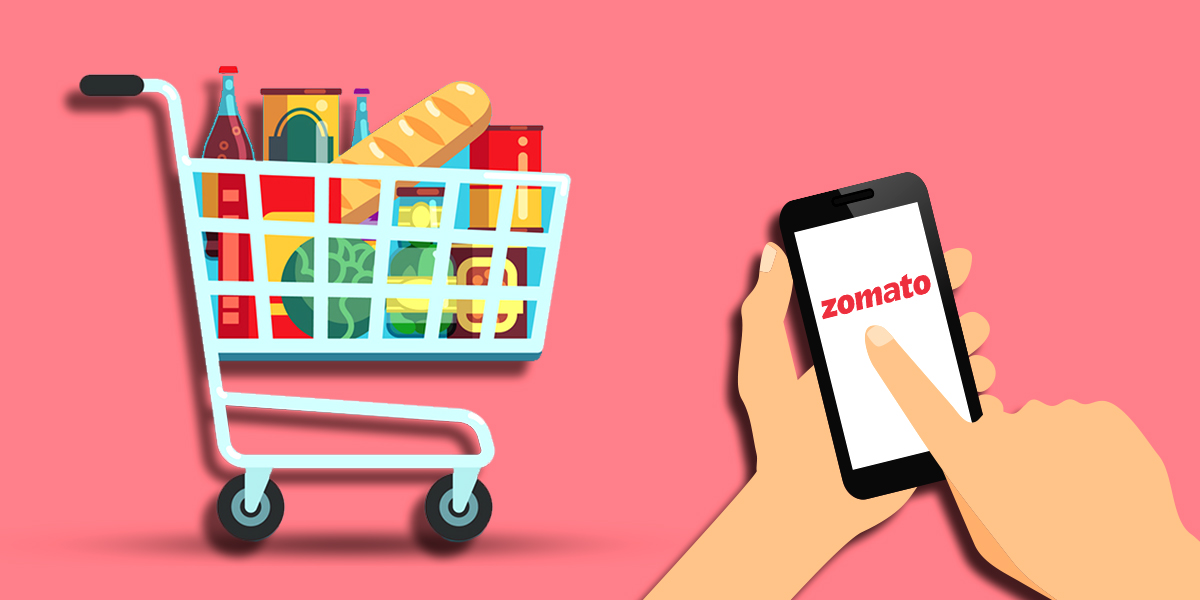
Zomato expanded its range of services in response to evolving consumer preferences by venturing into the grocery delivery sector. By utilising its pre-existing logistics network and technology infrastructure, Zomato now offers customers the convenient ability to place grocery orders from nearby stores. Implementing strategic diversification not only allows Zomato to enter the expanding online grocery market but also introduces an additional source of revenue. This enhances the resilience and adaptability of the business model of Zomato.
7. Cloud Kitchen Initiatives: A Strategic Culinary Move

The business model of Zomato encompasses the operation of cloud kitchens, commonly known as dark kitchens or virtual kitchens. These specialised kitchens are dedicated solely to online food delivery and do not offer any dine-in options. Zomato strategically invests in and manages its cloud kitchens through collaborative partnerships with renowned restaurant brands. This initiative guarantees a dependable food supply and enables Zomato to explore various culinary concepts, strengthening its competitive advantage in the food delivery industry.
8. Expansion into Event and Dining Reservations

Zomato’s growth strategy encompasses expanding into event reservations and enhancing dining experiences. Customers can conveniently reserve tables at their preferred restaurants using the Zomato application, a comprehensive platform catering to all their dining requirements. Zomato implements a fee structure for restaurants utilising its reservation service, enhancing its revenue model.
9. International Expansion and Global Partnerships

The business model of Zomato extends beyond a singular market. The company has successfully expanded its operations on a global scale by establishing strategic partnerships with various international restaurants and chains. This expansion enables Zomato to access a broader range of customers and generate supplementary revenue by offering global cuisine options to its users.
Conclusion
This analysis comprehensively examines Zomato’s business model, delving into its fundamental elements, revenue streams, and strategic diversifications with meticulous attention to detail. The business model of Zomato is a highly efficient system that facilitates connections between restaurants and customers, all while optimising multiple revenue streams. Zomato has successfully implemented various strategies to monetise its platform, including commission-based earnings, food delivery services, advertising, data-driven insights, diversification into grocery delivery, event reservations, expansion into international markets, and establishing global partnerships.
Zomato has demonstrated remarkable adaptability and a proactive approach to diversification, which have played a pivotal role in its sustained growth amidst the ever-evolving food delivery industry. The company’s expansion into various sectors and global markets demonstrates its dedication to maintaining a leading position in the industry. In summary, Zomato’s versatile business model drives its expansion and empowers numerous restaurants and food businesses to flourish in the era of digitalisation. The adaptability, innovation, and robust business model of Zomato position the company to maintain its leading role in the food delivery industry for the foreseeable future.

